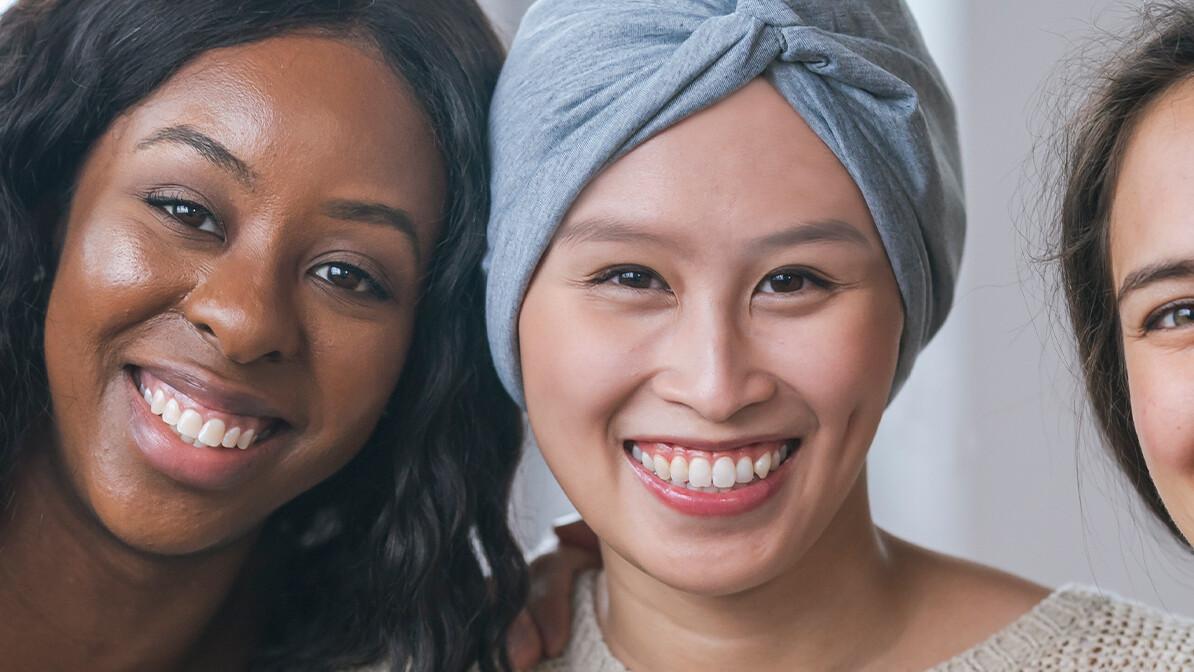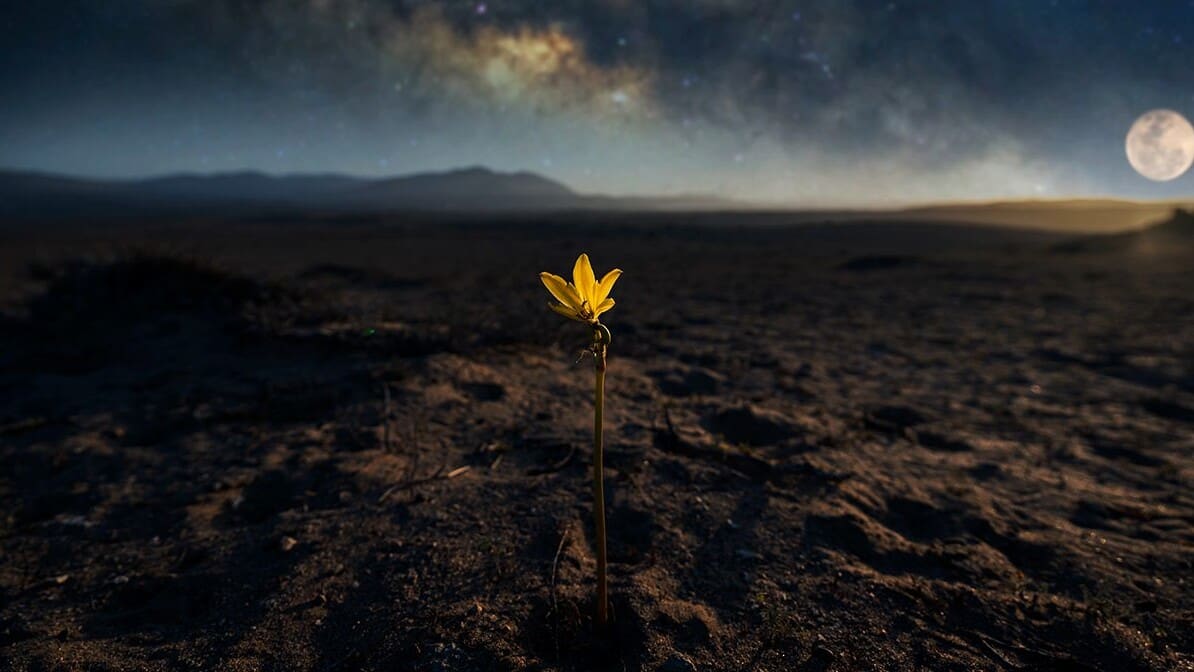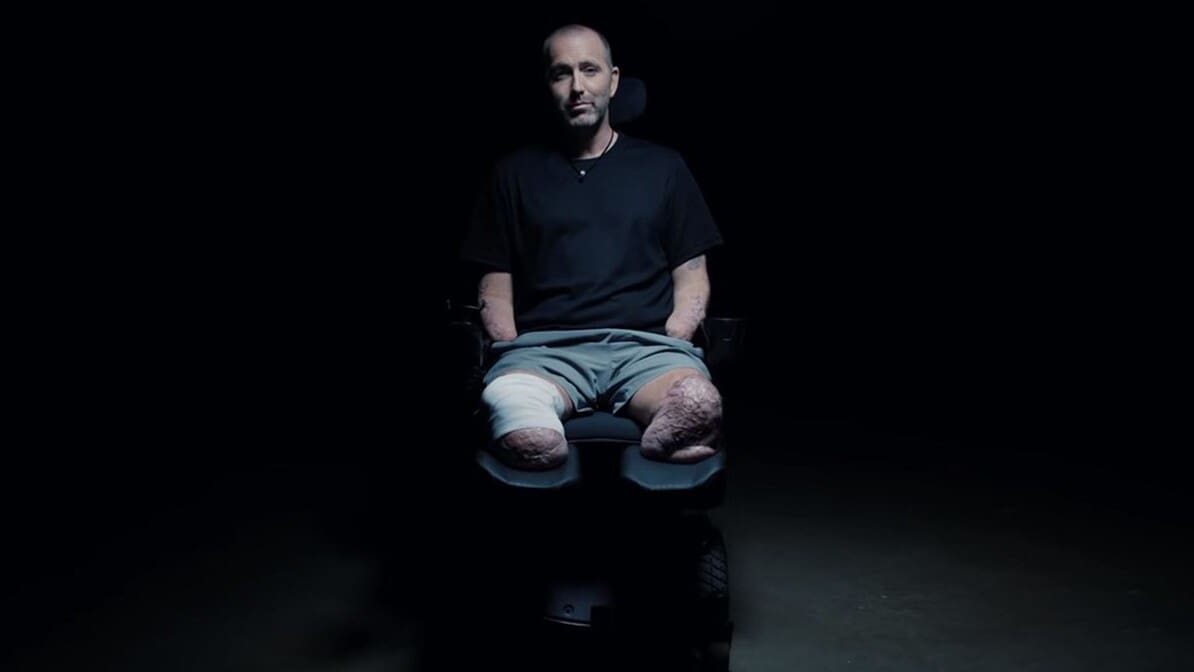
Deborah Barr: Lean on God’s Strength in Your Cancer Journey (Part 2)
JF: What did you learn about yourself and your individual situation with your parents and your close friend while writing the book?
Deborah: I learned the importance of being an encourager. And as much as possible turning people toward God, toward staying positive. Not being one of those promoters. I want to be a protector and an encourager. Watching what people go through with cancer – the severity of some of these treatments and the real suffering that does occur for me as a health educator – really reinforces the message that I try to share. That message is to live and stay healthy and don’t do things that open the door to cancer because the price tag can be very high.
JF: What worries or fears did you have writing while writing this book? Was there a particular chapter that was more difficult than others?
Deborah: I don’t think I struggled so much. I think what I aimed to do was really emphasize or allow God to work with empathy. I think God has given me a capacity to really have empathy for people who are suffering and facing really difficult things.
If I had a struggle, it was the pain I felt interviewing some of them due to the empathy I felt for their struggles. When you read some of these stories, you really get a picture of how difficult this journey can be. It tugged at my heartstrings as the writer, because I interviewed everybody in person. I went to their house and we talked in person and then followed up with email and text.
For the most part, I already knew them or, in a few cases, they were friends of friends that I met that I kind of cold-called and said, “Our mutual friend suggested that I talk to you.” I got to know each of them a little bit because they were very eager to share. They were very eager to be transparent. And I tried to be very faithful in capturing how they really felt and how they were really coping. I was inspired by their faith and the way they turned this whole situation over to the Lord.
JF: Of all the topics discussed in the book, which one do you believe is the one that most people struggle with?
Deborah: I would say probably fear or anger. One of those. There are devotionals on both of those in there for that reason.
I think a cancer patient who hasn’t had a fearful moment would be a very rare person. Most everybody with cancer has experienced some degree of fear at some point, because there are so many unknowns and unknowns can be scary, especially if we spend too much time thinking about them.
When people habitually dwell on the things that frighten them, what they’re really doing is meditating on their fears. When you meditate on your fear, that’s when it gets overwhelming. The antidote for that is to do a mental pivot and deliberately start meditating on what’s true, instead of what’s scary. And what’s true is God’s Word.
I talk a little bit about meditating on the Word of God. I even have an appendix in the back that is just a list of 30 verses that could be especially important to people struggling with cancer. The reason I added an appendix is that one of the women I interviewed said that she compiled a list like that for herself. She knew that when she was really feeling sick, she wouldn’t have the energy mentally or physically to turn to the Bible and look up those verses – page through, find it, and write it down. She actually had verses all over her house. She had verses in her purse, verses on her nightstand, verses everywhere.
The appendix idea came from the discussion with her because if someone didn’t have a Bible or someone had never meditated on scripture, it’s really easy just to flip to the appendix, and there you go. It has the verses that you probably would want to meditate on. So, I tried to serve the reader in that sense by just putting that there already.
JF: How was this book different from your previous books?
Deborah: It’s similar actually to the one I wrote just before this, which was also a devotional. But that one is for the dementia caregiver. That’s a very hard job and very often the caregiver needs a tremendous amount of support, but people don’t provide it. They don’t reach out; they don’t support.
It was pretty much the same idea – here’s this devotional written just for you on the things that you struggle with and God is with you in every one of these things. That’s the most recent book.
Prior to that, I worked with two co-authors and wrote a book on the five love languages and the dementia journey for the caregiver on how to express love to a person who is losing their memory. One of my co-authors on that book was Dr. Gary Chapman, who is the originator of the five love languages. My other co-author was the founder of a counseling center for families struggling with dementia diagnosis in a loved one. So, we collaborated on that.
The other books that I’ve written, I wrote quite a while ago. There’s been a long gap between my early work and what I’m back in the swing of doing now. The other books had to do with being a stay-at-home mom or being a single parent and helping your child through divorce. Those kinds of things. The things I’m doing now are much more tailored to combining a specific health or medical issue with your walk with God. Those are the two things that are on the front burner about me as a health educator and as a very sincere Christian. I love to be able to marry those two loves of my life and give people specific help to deal with a dementia diagnosis in your family or, in this case, a cancer diagnosis.
JF: What’s next for you?
Deborah: I don’t know. I’m actually praying about that because I am aware that I do have this passion to encourage people to engage deeply with God in hard times. I have some ideas I’m thinking about where to go next, but I’m not sure yet.
JF: Is there anything I didn’t ask that you’d like to share? Or is there something that you’d like to reemphasize?
Deborah: One thing that I’d like to emphasize is something you don’t hear spoken about much. It’s reflected in one of the devotionals called “The Hardest Part.” One person I interviewed said that for her, which is amazing considering all that she’s going through with her cancer treatments, “the hardest part is just letting people do something for you.”
She said that she doesn’t like to inconvenience people. Then another person that I interviewed said the same thing, but he said, “It’s hard for him to accept help because of pride.” We’re so independent, we’re so self-sufficient that even when we have cancer, we don’t want to admit that we have help or that we need help.
I guess the point I would like to encourage people to think about is that when a person puts that pride aside and accepts the help, it unleashes a lot of blessing, not just for the person being helped, but also for the people who give the help. Because when there is the humility to accept help, other people get to use their gifts.
When we say, “No, I don’t need any help,” people are prevented from exercising their God-given gifts, meaning, “I have a hundred dollars, I’d like to pay a bill for you. Will you let me do that?” Or “Hey, I have Wednesday afternoons free. Can I come mow your lawn or rake leaves? Or can I bring you meals or can I babysit or can I just come and pray with you?” When we say “no,” people are prevented from exercising, what God has gifted them to do, but when we say “yes,” everybody gets blessed. I guess my encouragement would be to the person with cancer, if people offer to help you, let them help you because that’s a blessing to them as well as to you, the person with the cancer.
…
Order a copy of Strength for the Cancer Journey: 30 Days of Inspiration, Encouragement, and Comfort by Deborah Barr
Trending Now
Sign up today for your Inspiration Today Daily Newsletter
Supercharge your faith and ignite your spirit. Find hope in God’s word. Receive your Inspiration Today newsletter now!
John Farrell
John Farrell serves as the Digital Content Manager at Inspiration Ministries, where he oversees the planning, organization, and management of website content to support the ministry's global digital outreach. With a strong background in writing and editorial strategy, John ensures that the articles, devotionals, and discipleship resources on Inspiration.org are accurate, engaging, and aligned with the ministry's mission.
John has authored more than 1,000 articles, press releases, and features for Inspiration Ministries, NASCAR, Lionel, and Speed Digital. His versatility as a writer is also showcased in his 2012 book, The Official NASCAR Trivia Book: With 1,001 Facts and Questions to Test Your Racing Knowledge.
A graduate of Appalachian State University, John brings excellence and attention to detail to the digital experience at Inspiration Ministries. He lives in Concord, N.C., with his wife and two sons.
Related Articles
January 28, 2026
I Just Knew It Was God: From Searching to Finding Faith
From the outside, Ekaterina’s life looked successful. She had a college degree, a strong career,…
January 26, 2026
How to Overcome Old Wounds with Resilience
How Do You Deal with Old Wounds? Everyone is talking about trauma, but very few are talking about…
November 21, 2025
Thank You … Lord
Gratitude transforms our lives and draws us closer to God. This article explores how practicing…
October 27, 2025
So, Is God Good?
Many people wrestle with the question, is God good, especially when life brings pain and loss.…
Next Steps To Strengthen Your Walk
Inspiration Today Newsletter
Supercharge your faith and ignite your spirit. Find hope in God’s word. Receive your Inspiration Today newsletter now!
Christian Articles
Find articles to strengthen your walk and grow your faith. We have a wide range of topics and authors for you.
Submit A Prayer Request
We are here for you. Simply click on the button below to reach us by form, email or phone. Together we will lift our hearts and voices with you in prayer.






